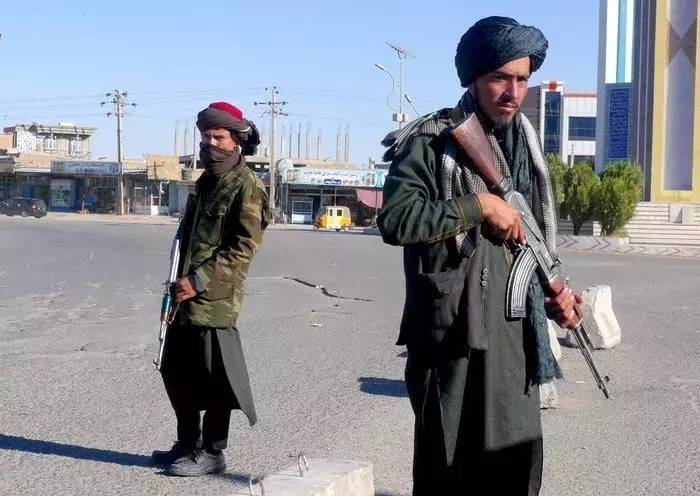The Taliban has since the start of 2023, arrested several civil society activists, journalists and women’s rights advocates for speaking up about their fundamental rights…reports Asian Lite News
The UN Human Rights Office (OHCHR) on Wednesday expressed deep concerns over ongoing arbitrary arrests in Afghanistan including the recent detention of a girls’ education activist, journalists and media workers by the Taliban, Afghanistan based Khaama Press reported.
Office of the United Nations High Commissioner for Human Rights (OHCHR) called on the Taliban to immediately release activists detained for advocating women’s rights. OHCHR Spokesperson Jeremy Laurence in a statement said: “No one should be detained for speaking out in defense of their fundamental rights and the rights of others.”
The Taliban has since the start of 2023, arrested several civil society activists, journalists and women’s rights advocates for speaking up about their fundamental rights and the rights of others.
On March 27, unidentified men arrested Matiullah Wesa, head of PenPath, a civil society organization campaigning to reopen girls’ education, whose whereabouts remain unknown.
Following Wesa’s detention, the UN Human Rights Office, and other rights groups have repeatedly called on the ruling regime to release the education activist, however, no progress has been seen in this regard so far, Khaama Press reported.
According to the OHCHR website, “Other activists and journalists have also been detained with no clear information as to their whereabouts, well-being, or any charges against them. Among those held are Nargis Sadat, Zakaria Osuli, Sultan Ali Ziaee, Khairullah Parhar and Mortaza Behboudi.”
According to Khaama Press, since the return of the Taliban to power in August 2021, the group has deepened restrictions on journalists, media and social activists, according to which individuals or groups are not allowed to criticize the ruling regime or speak against the Taliban members.
Afghanistan is a party to the international human rights treaties under which the de facto authorities are obliged to respect and ensure the rights to freedom of expression, opinion and freedom of peaceful assembly, as well as to provide access to education and work. (ANI)

Leave a Reply